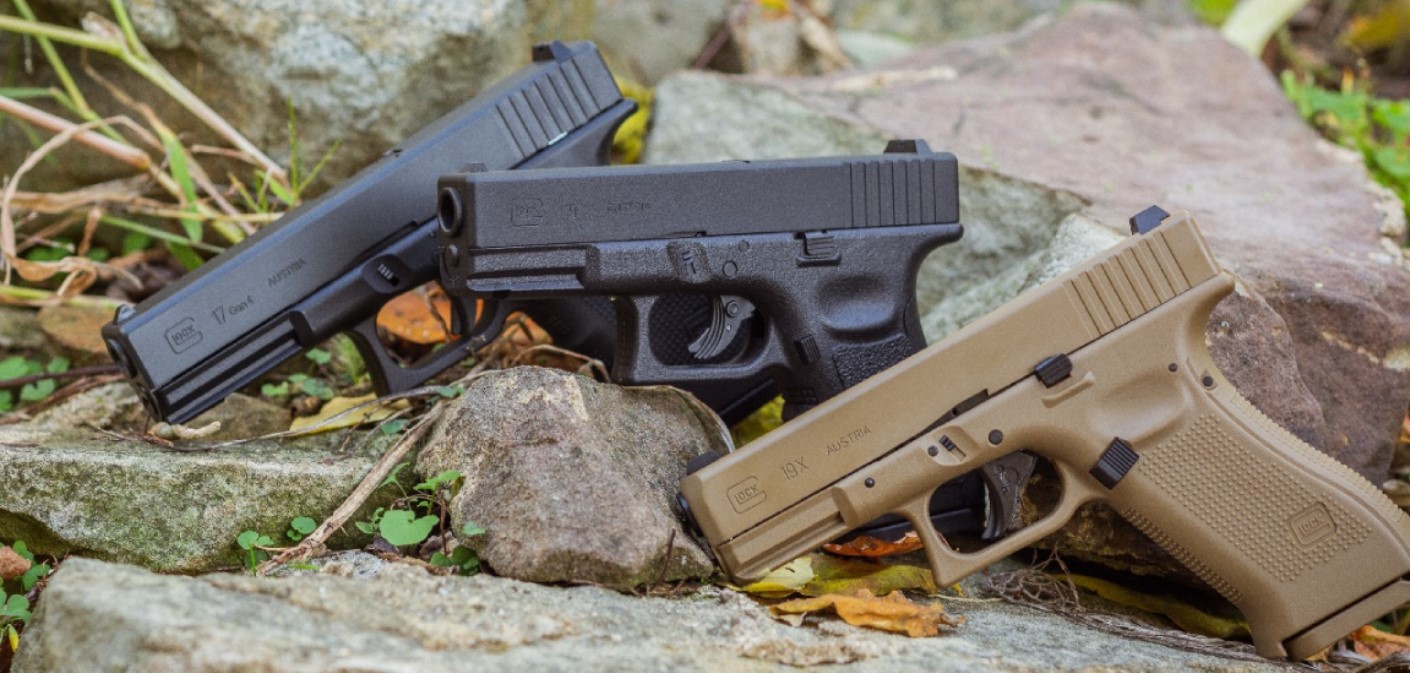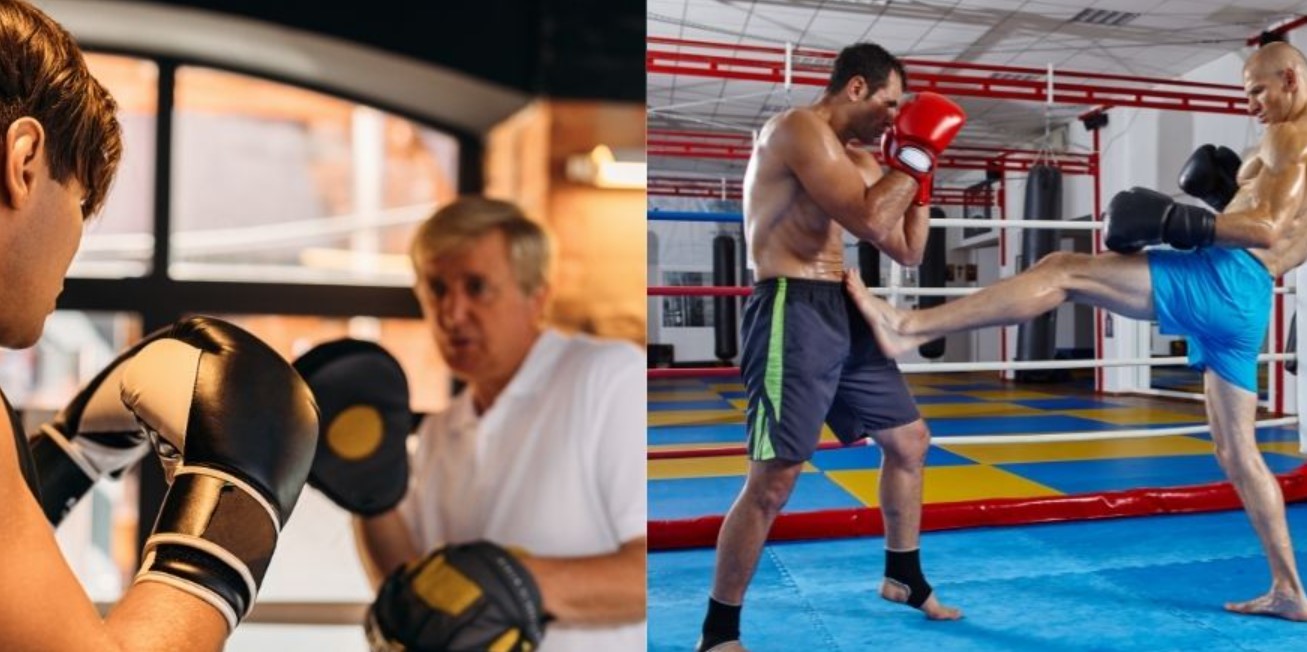Which is better for self-defense boxing or karate? In self-defense, choosing the martial art that is most effective and suitable for you can be an important decision. Both boxing and karate are popular choices, each with its own strengths and defensive techniques. However, determining which type is better for self-defense requires a comprehensive understanding of their respective advantages and limitations. Let’s dig into the details with Theselfdefensetool.com to help you make a wise choice.
Boxing: King of close combat
Boxing excels at developing exceptional body strikes, footwork and reaction times. Through rigorous sparring sessions, fighters hone their ability to throw powerful punches, dodge attacks and move effectively over short distances.
Boxing is a combat sport that focuses on punches and footwork. It emphasizes powerful, precise punches performed with speed and precision. Below are the weaknesses and strengths of self-defense boxing.
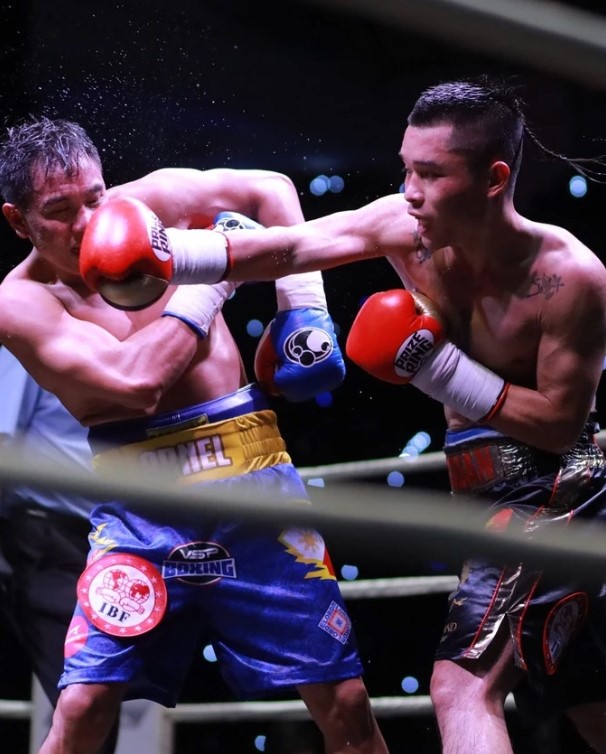
Strength for self-defense
- Attack capacity: Boxing trains your ability to throw fast and powerful punches. This is important in self-defense situations, where quick, decisive strikes can neutralize threats.
- Foot movements: Boxing emphasizes movement and positioning. Good footwork allows you to dodge attacks and create openings for counterattacks.
- Air conditioning: Martial artists are known for their exceptional physical strength and cardiovascular endurance. This stamina can be invaluable in self-defense situations that require sustained physical effort.
- Focus on defense: In addition to attack, boxing also teaches defensive techniques such as blocking, sliding and swaying/weaving, which are essential for avoiding incoming attacks.
- Unmatched punching power: Boxers developed devastating punching techniques, a vital asset in a close-range fight.
- Superior leg and head movements: Footwork in boxing allows you to gain exceptional agility and evasion, making you a harder target.
- Strong cardio and endurance: Boxing builds incredible stamina, which is important for maintaining composure and fighting through a stressful encounter.
Weakness of self-defense
- Limited kicking technique: Boxing mainly focuses on punches, leaving you vulnerable to low kicks and grappling.
- Emphasis on Round Rules: Boxing is a sport with specific rules. Self-defense situations rarely follow these principles.
- Heading in self-defense: Although effective, headshots can be risky in uncontrolled situations due to the potential for serious injury.
>>> Click Which Is Better For Self Defense Boxing Or Kickboxing?
Karate: The path of the versatile warrior
Karate, a traditional Japanese martial art, is known for its striking techniques with the hands, elbows, knees, and feet. Karate offers a more comprehensive system of self-defense, including striking, blocking, kicking and sometimes grappling techniques. Karatekas (karate practitioners) learn to defend against a variety of attacks, from punches and kicks to grabs and takedowns.
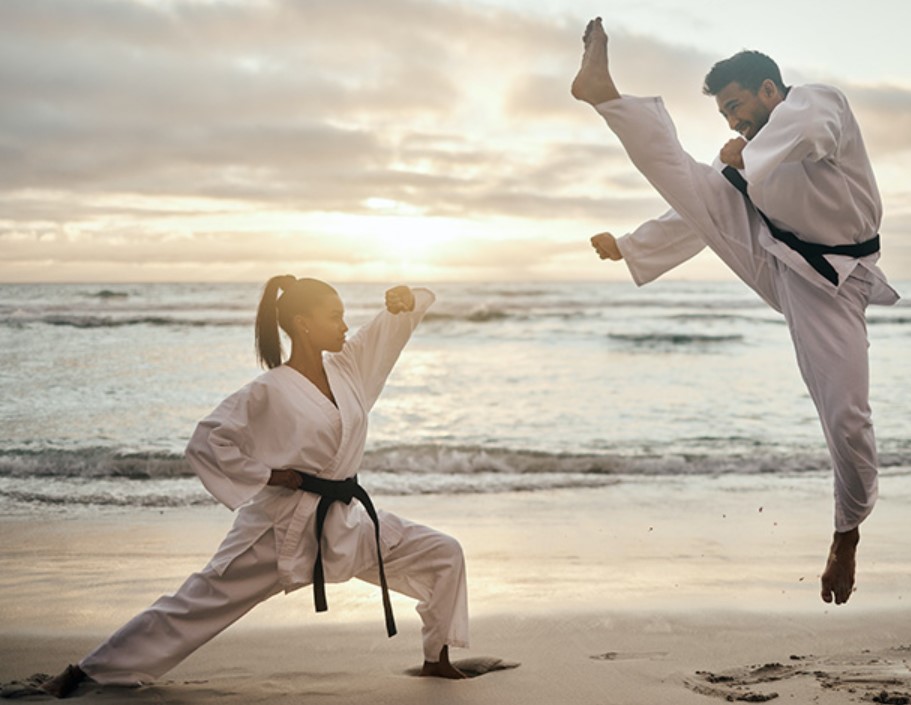
Strength for self-defense
- Flexible attack techniques: Karate includes a broader range of attack techniques than boxing, combining kicks and strikes with various parts of the body.
- Forms and Katas: Karate emphasizes kata (forms) which are pre-arranged sequences of movements designed to simulate combat situations. This helps develop memory and muscle technique.
- Focus on discipline: Karate training cultivates discipline and mental focus, which can be beneficial in high-stress situations.
- Self-defense philosophy: Karate emphasizes self-defense principles beyond physical techniques, such as situational awareness and conflict avoidance.
- Different techniques: Karate equips you with more tools to handle different attack situations.
- Self-defense applications: Many karate styles incorporate self-defense principles directly into their training.
- Strong block and defense: Karate emphasizes effective blocks and parries to deflect incoming attacks.
Weakness of self-defense
- Technical peculiarities: Some karate techniques may be overly stylized and may not be perfectly suited to real-life situations.
- Sparing changes: Not all karate schools prioritize sparring, which is essential for developing fighting reflexes.
- Exercise focus can vary: Depending on the style, karate training may not always emphasize the high-intensity cardio that is so important for self-defense.
>>> Click Which Is Better For Self-Defense Karate Or Kickboxing?
Which is better for self-defense boxing or karate?
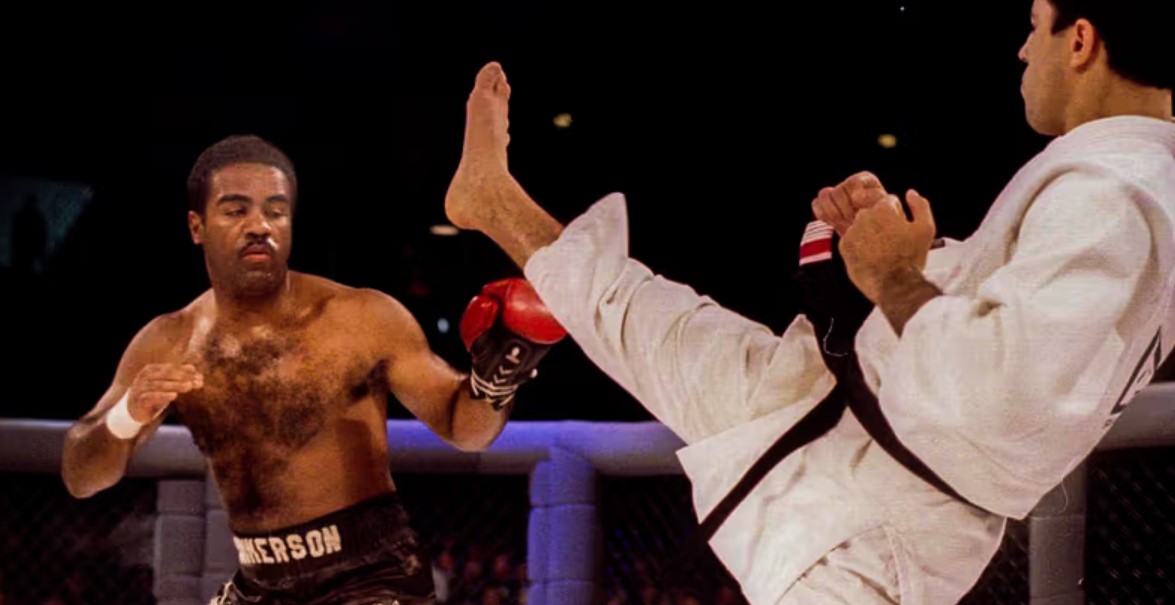
The effectiveness of boxing or karate in self-defense ultimately depends on many different factors:
- Range of Techniques: Karate offers a wider variety of attack techniques including kicks and attacks with different parts of the body. This versatility can be beneficial in certain self-defense situations where longer-range attacks are needed.
- Fitness and stamina: Boxing places a heavy emphasis on strength and cardiovascular fitness, which can be beneficial in prolonged physical competition.
- Realistic Training Scenarios: Both arts benefit from realistic training scenarios that simulate real-life threats. Practical application of techniques is key.
- For pure self-defense effectiveness: Boxing’s emphasis on realistic striking and footwork makes it a strong competitor, especially for beginners.
- For a comprehensive approach: Karate offers a broader toolkit and may be ideal if you prefer a more comprehensive self-defense system.
Choosing a self-defense martial art is based on personal preference
Ultimately, choosing between boxing and karate for self-defense often comes down to personal preference, goals, and quality instruction:
- Boxing: Ideal for those who prefer simple, effective attacks using hand and foot movements. Boxing is great for developing quick reflexes and delivering powerful, accurate punches.
- Karate: Suitable for individuals interested in a holistic martial art that emphasizes discipline, mental focus, and a greater variety of attack techniques.
Remember, the most effective self-defense strategies often involve avoiding conflict altogether. Develop situational awareness, stay alert in risky areas, and de-escalate situations whenever possible. Regardless of which subject you choose, self-defense training is invaluable. It boosts your confidence, teaches self-control, and equips you with the skills to navigate potentially dangerous situations.
Additional considerations:
- Your fitness level: Both boxing and karate require dedication, but the intensity of boxing training can be more demanding for beginners.
- Your learning style: Boxing is more direct and focuses on practical application, while karate can involve complex forms and philosophies.
- Gym: Find a reputable gym with highly qualified instructors who prioritize safe and practical self-defense training.
Conclusion
Which is better for self-defense boxing or karate? Both boxing and karate have distinct advantages for self-defense. Boxing excels at developing powerful punching techniques and footwork, while karate offers more offensive techniques and focuses on discipline and mental training. Ultimately, the best choice depends on personal preferences, training goals, and the availability of reputable instructors. No matter which path you choose, consistent practice and dedication are the keys to mastering these martial arts and using them effectively for self-defense.
>>> Click Which Is Better For Self-Defense Karate Or Kung Fu?


